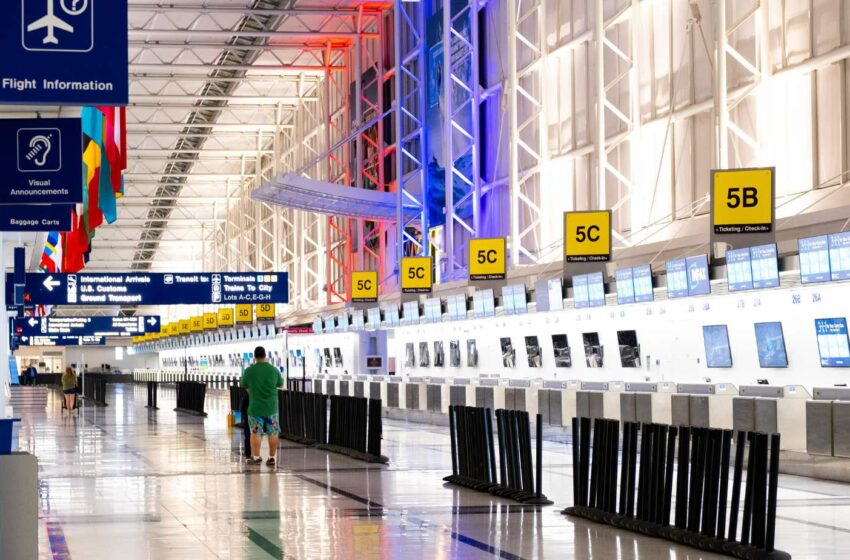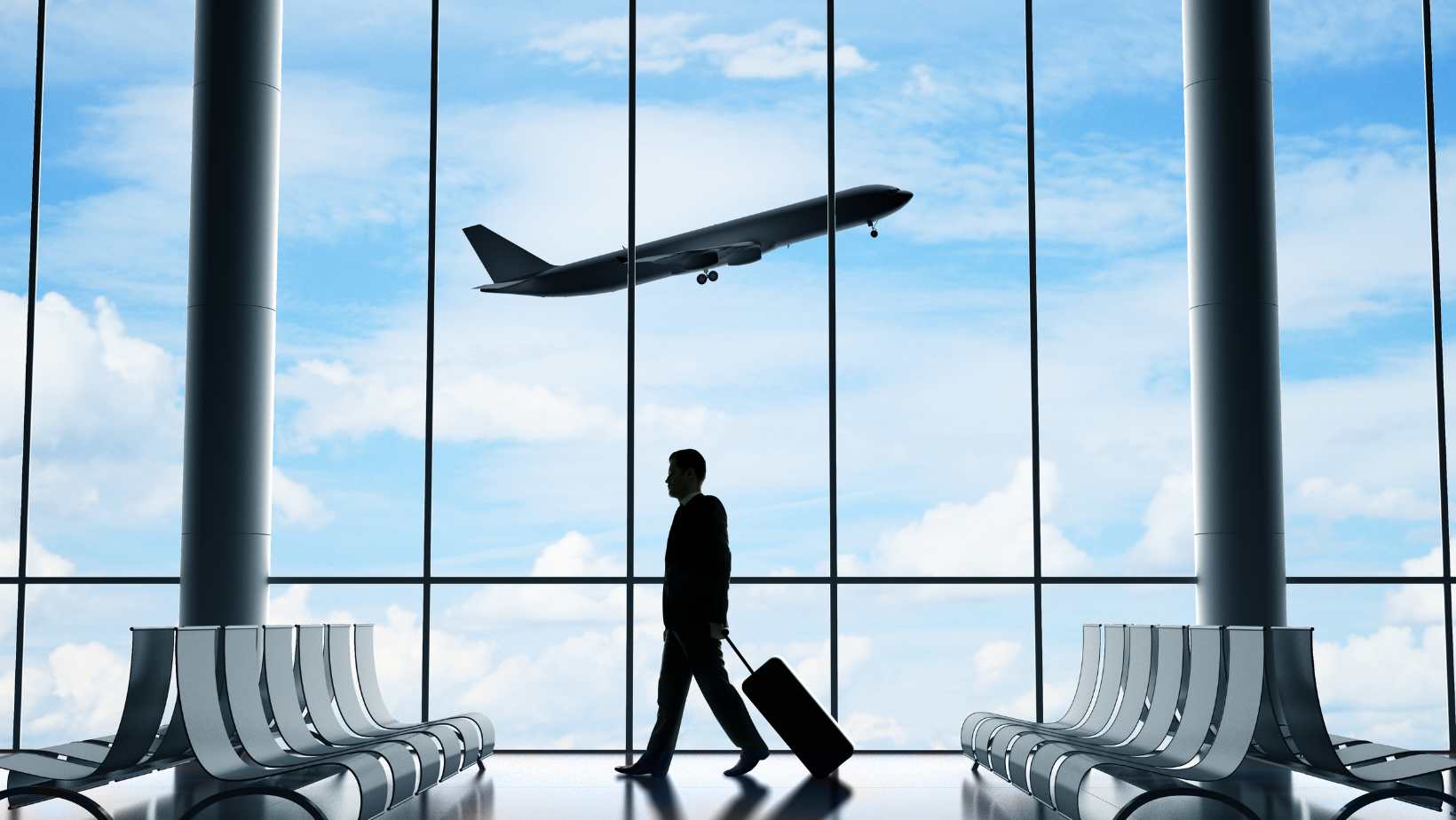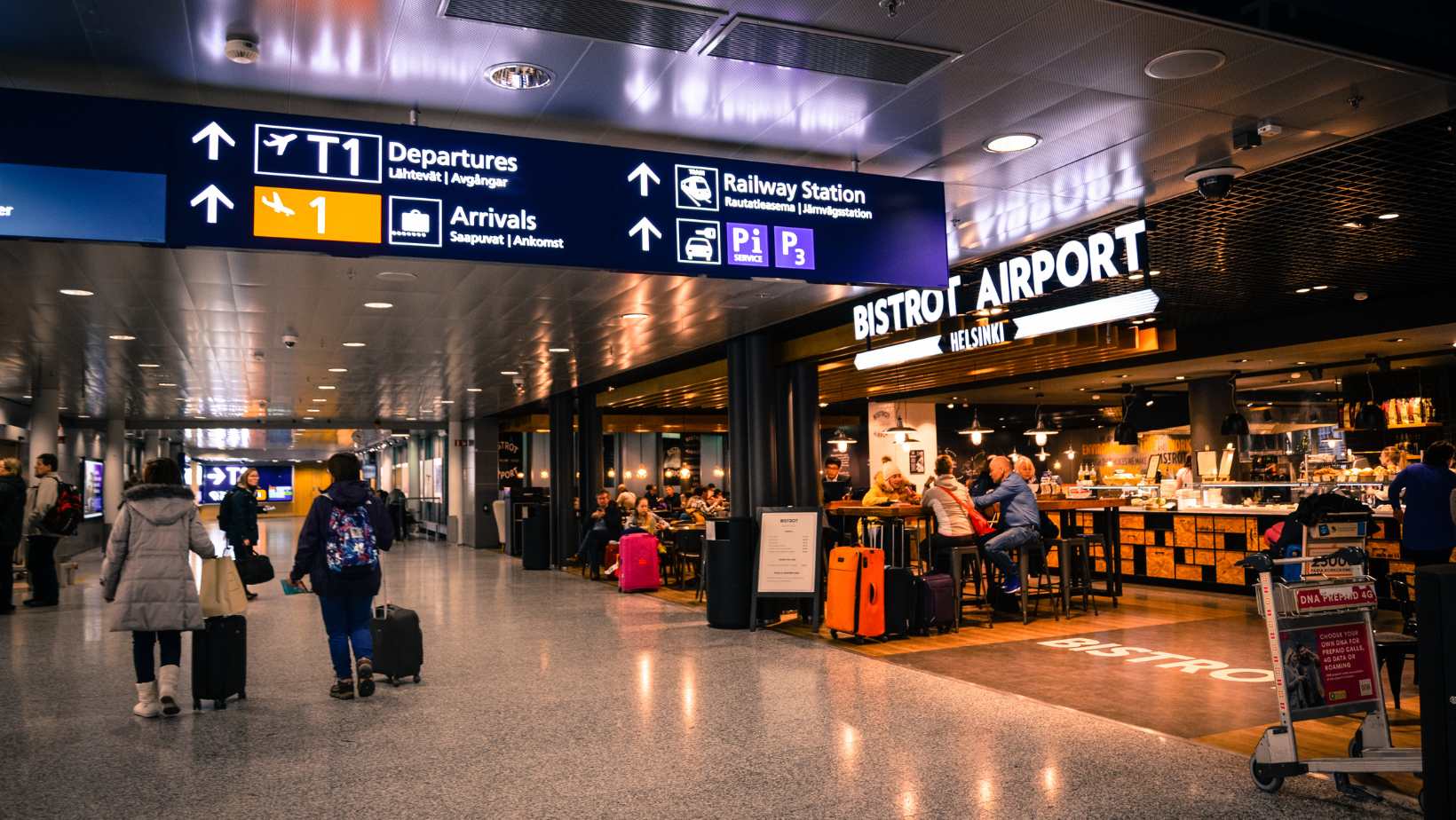
Costs Associated With Changing Your Flight
To understand why people change their flights, we’re going to look at the reasons behind it. You may find yourself in an emergency situation or perhaps your plans or schedule have changed, requiring you to modify your trip. Alternatively, errors in booking can occur. Let’s explore each of these sub-sections to further understand the reasons why you might need to change your flight and possible solutions.
Can You Change a Flight After Booking
Sudden events or unforeseen circumstances can arise that necessitate the changing of a flight booking. These situations could be urgent medical concerns, natural disasters, political unrest, or unexpected death of a family member. In such cases, it is imperative to get in touch with the airline immediately and follow their guidelines for rebooking the flight.
For instance, if a medical emergency requires immediate attention and travel, airlines may offer flexible rescheduling options or waivers for any fees. If travelling to a region affected by volatile weather conditions or political upheaval, airlines may offer free cancellations or rebookings if flying within certain dates. It’s always advisable to check the policy of the airline well in advance when destinations are suspected to have complications.
If one has already initiated travel but must return urgently due to a family crisis or personal health reasons, airlines typically offer methods for changing flights on the same day itself at no extra cost; however, it’s necessary to provide relevant documentation beforehand.
Pro Tip: To avoid subsequent stress and expenses when faced with an emergency that necessitates changes in flight bookings, consider opting for flexible tickets that can be changed without additional costs up until a specified date closer to departure.
Looks like my plans just changed faster than a toddler running towards ice cream.
Changes in Plans or Schedule
When life hits you with unexpected changes, altering travel plans becomes the only option. These modifications can be due to a variety of reasons, such as unforeseen schedule conflicts, emergencies, or even weather disturbances. When these unpredicted events arise, changes to flight schedules are often necessary.
Changing a flight is not always an easy task but can sometimes prove to be necessary in light of certain circumstances. A missed opportunity, illness or injury could all lead to the need for a change in travel plans. In such cases, it is always best to inform the airline promptly and request alternative arrangements.
Bear in mind that various circumstances may influence the outcome of flight modification requests- cancellations before takeoff are often more straightforward than doing so mid-flight. Nonetheless, airlines generally have specific policies in place for dealing with these eventualities.
I remember once having booked my flights months in advance for an overseas vacation and missing several connections due to unforeseen delays caused by airport customs procedures. I contacted the airline immediately and was able to secure flights departing on later dates at no additional cost.
If only I could blame autocorrect for booking my flight to Timbuktu instead of Toronto.
Mistakes in Booking
Mistakes in reserving flight tickets can lead to changing a flight. Here are some common blunders people make while booking flights:
- Entering incorrect travel dates
- Spelling errors in passengers’ names
- Choosing the wrong departure or arrival cities
- Non-refundable ticket purchases without reading the terms and conditions
Moreover, it’s crucial to double-check your itinerary before hitting the ‘book’ button to avoid any misjudgments.
One traveler once went through an unpleasant experience when he mistakenly entered the date he wanted to return as his arrival date. This minor mistake caused him to miss his original flight, leaving him with no option but to book another flight and incur additional costs.
Changing a flight is like a choose-your-own-adventure game, except instead of fighting dragons and saving princesses, you’re just trying to avoid getting stuck in a middle seat.
Types of Flights That Can be Changed
To change your flight for affordable options, knowing what flights can be changed is important. With “Types of Flights That Can Be Changed” in mind for the article “Costs Associated with Changing Your Flight,” you can determine how to approach changing domestic, international, and one-way flights for optimal results.
Domestic Flights
Flights within the same national borders are known as domestic flights. These can be either scheduled or chartered, and may include non-stop or connecting flights with different airlines. Domestic flights have different regulations from international flights, but they can still be changed according to certain criteria. In order to modify a domestic flight itinerary, passengers must check their ticket’s fare rules to know if any change fees would apply or whether changes are even allowed in the first place. Some airlines may charge hefty fees for changing tickets close to the day of travel, so it is recommended that changes are made well in advance.
Who needs a passport when you can just change your flight to a different country?
International Flights
Flights that cross national borders or continents are regarded as international travel. Changes to the itinerary of such a flight may require extensive coordination between airlines and various government agencies. Alterations to the departure or arrival schedules, route substitutions, or changes in destinations can all impact travelers’ plans and require adjustments to paperwork and visas.
It is essential to note that carriers have different regulations concerning how passengers can alter their international flight bookings. Some airlines may allow free itinerary modifications if made within a particular period, while others require additional fees for schedule changes or seat upgrades. Before changing your international flight reservation, you must understand both your airline’s rules and the immigration rules governing your destination country.
In some circumstances, one type of international flight that requires more careful consideration when making modifications is one where a layover takes place in a third country outside the traveler’s home nation or final destination country. If transit passengers want to make any alterations to itineraries beyond their initial booking purposes of a simple layover, they may need additional documents to fulfill immigration requirements.
According to airline industry experts like Skyscanner.com, 33% of global flights are flights between countries worldwide.
If life only had one direction, we wouldn’t need one way flights.
One way Flights
One way air travel
Solo air travel is a popular choice for frequent fliers. Unlike round-trip flights, one-way flights provide customers with the flexibility to book a single journey to their destination without returning within a set time frame.
- Allows passengers to travel only in one direction.
- Can be cheaper than round-trip flights under certain circumstances.
- Preferred by travelers planning road trips or who wish to book two different airlines for arrival and departure journeys.
- Cancellation fees are often applied, and prices may rise closer to the flight date.
- In case of missing a flight, new reservations must be made individually and consequently are not covered by insurance plans like those provided by certain credit card companies if multiple bookings were missed.
- Certain airlines also offer specific benefits such as lounge access and priority boarding when travelers book only outward-bound flights.
Furthermore, some airlines allow free initial changes for solo travelers only on their first outbound leg. Beyond that-time limit or trip duration restrictions would apply.
To avoid any additional costs or difficulties associated with itinerary changes:
- Customers should make reservations as early as possible; therefore, they get lower fares in advance.
- Try booking direct flights instead of connecting ones which can increase the chance of delays or cancellations.
Changing your flight is like playing Russian roulette, except instead of a bullet, you’re hoping for a window seat and no delays.
Policies of Different Airlines Regarding Flight Changes
To understand how different airlines deal with flight changes, explore the policies of various airlines. We will talks about the policies each airline has in place for changing flights with regard to fees, time limits, and alternative flight options.
Fee Structure
Airline Policies on Flight Changes
For the topic of airline policies on flight changes, it is important to understand how the fees are structured. Regarding the cost of flight changes based on airlines, there is a varied fee structure determined by both the circumstances and policies of each airline.
Below is a table summarizing the fee structures for different airlines focusing on flight time changes:
| Airlines | Flight Time Changes Within 24-Hours | Flight Time Changes More than 24 Hours |
| Delta Airlines | $0-$500 | May vary according to fare rules |
| United Airlines | $0-$125 | May vary according to fare rules |
| American Airlines | $0-$750 | May vary according to fare rules |
| Southwest Airlines | Free | Free or may depend on fare difference |
It’s important to note that fees can vary due to specific factors such as destination, how far in advance changes are requested, and type of fare purchased.
One unique consideration when looking at fee structures is that some airlines may offer flexible ticket options giving travelers more freedom with changing tickets at no additional cost. These options often come with a higher upfront cost but may offer peace of mind for travelers who have unpredictable travel schedules.
According to Travelocity, about one-third of flights are impacted by schedule changes or cancellations annually.
In summary, understanding fee structures and policies surrounding flight change requests varies from airline to airline and depends on specific factors such as destination and time frame. It’s also crucial to note the existence of flexible ticket options that can help travelers avoid costly charges in case plans change suddenly. Trying to change your flight after the time limit is like trying to turn back time, but without a DeLorean or Cher’s vocals.
Time Limits for Changes
When it comes to changing flights, each airline has its policies and regulations. The set time limits for modifications differ from one airline to another. Check with your flight provider on the specific time limits for changes.
It is crucial to note that some airlines allow changes without any fees or penalties, while others charge a fee or require customers to purchase a new ticket. The time limit for changes usually corresponds with the type of fare purchased. For example, a flexible fare may have more lenient time limits than a discounted or non-refundable fare.
Apart from the change fees and time limits, it’s essential to be aware that some airlines limit the number of times you can modify your booking. Some airlines also restrict modifications close to departure dates or during peak seasons.
Pro Tip: It is best to familiarize yourself with an airline’s policy for changes before purchasing a ticket, especially if there is potential flexibility in your itinerary. This way, you avoid costly fees and penalties, making any necessary adjustments easier to manage.
Looks like airlines have a backup plan for your cancelled flight – the endless maze of alternative flights and layovers.
Availability of Alternative Flights
Alternative Fights: Options for Flight Changes
When it comes to flight changes, many airlines offer different options for travelers. Here are three key points about the availability of alternative flights:
- Airlines usually have policies around flight changes. These policies can include fees, restrictions on changes, and options for re-booking on alternative flights.
- Alternatives may vary depending on various factors such as time of travel, route complexity and flight availability. It is important to read through the airline’s terms and conditions before making any decisions.
- Some airlines offer additional benefits like free rebooking of cancelled flights, while others require payment or offer limited options.
It is also worth noting that some smaller airlines may have different rules or fewer options compared to larger ones like Emirates or Delta.
Fun fact: According to a 2020 study conducted by The Points Guy, Southwest Airlines has the most flexible policies when it comes to flight changes in the US market.
If you thought airline change fees were expensive, just wait until you see the cost of rebooking all those hotel and activity reservations.
Calculating The Costs Associated With Changing a Flight
To calculate the costs associated with changing your flight after booking, turn to this section, “Calculating the Costs Associated with Changing a Flight.” In it, you will find solutions to calculating various costs, including the base fare, change fee, and the difference in fares.
Base Fare
The fundamental cost of a flight is known as the raw fare and excluded from taxes, fees, and surcharges. In other words, it is the primary value of the ticket before adding any additional costs.
The calculation of base fare pertains only to the airline fee, which excludes government taxes and other additional costs. It is treated as the starting point for calculating refund or exchange options and usually requires a small fee.
It’s important to remember that base fares may vary depending on availability, demand and supply, seasonality, purchase timing, and seating class. As a result, purchasing tickets at least three weeks before travelling can save you money due to lower prices.
To avoid or minimize realizing significant expenses associated with changing your flight itinerary after booking it, airlines provide various options. You may amend your booking within 24 hours free of charge or purchase an upgradeable ticket to have more flexibility when altering your itinerary. Additionally, checking in online before arriving at the airport saves time and allows you to identify errors early enough.
Change your mind, change your flight, change a small fortune – airline change fees in a nutshell.

Change Fee
Changing Flight Reservations Fee
If you want to change your flight reservation, there may be fees associated with it. Here are some things to keep in mind:
- Change fees can vary by airline and ticket type.
- Some tickets may not allow changes at all or may require a higher fee for changes.
- If your new flight is more expensive than your original one, you may have to pay the difference in price as well as the change fee.
- Depending on how close to your departure date you make the change, there may be additional fees or restrictions.
It’s important to consider these factors before making changes to your flight reservation. Keep in mind that there may also be additional costs associated with cancelling a ticket altogether.
When changing flights, some airlines allow you to do so for free within a certain time frame after booking. For example, Southwest Airlines offers this benefit with their “Wanna Get Away” fares.
According to a study conducted by Hopper.com in 2018, the average cost of changing a non-refundable domestic flight was $200.
If only changing our personalities was as easy as changing a flight ticket – we’d all be flying first class.
Conclusion: Is it Worth Changing Your Flight?
Changing your booked flight can come with an array of additional costs and conditions. The expenses could range from change fees, fare differences, and taxes to cancellation charges. These costs might exceed the initial booking fee in some cases. It is advised that you carefully weigh the benefits against the costs to decide whether it is beneficial to change your flight.
Before proceeding to change a booked flight, consider the rules and regulations particular to your airline or travel agency. Policies vary based on these factors; thus, it is essential to take note of their requirements to avoid potential penalties.
It may also be useful to explore alternatives, such as trip insurance coverage for unexpected events that would otherwise cause your plans to fall through without incurring hefty charges.
It is worth noting that sometimes, unforeseen circumstances necessitate change in itinerary, but individuals should proceed with caution before making rash decisions about their travel arrangements.
A fellow traveler once changed his reservation at short notice, only to realize afterward that he incurred more expenditure due to the fees charged. Therefore, careful consideration is required when changing a flight after booking.
